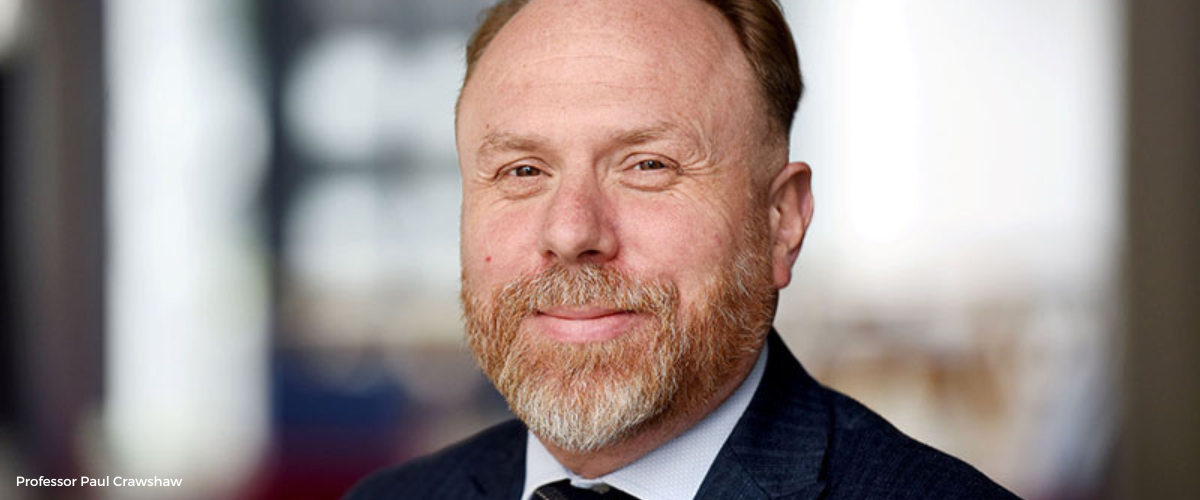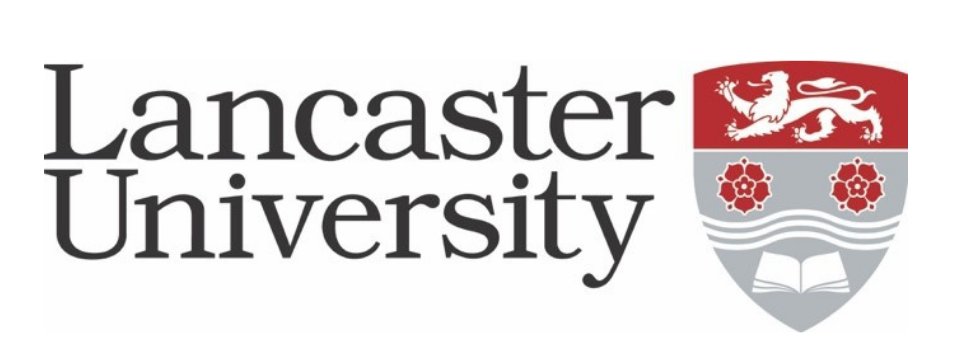
The University has won funding totalling almost £120,000 to undertake the research which will provide an invaluable insight into the relationship between health and economic inactivity.
In doing so, it is anticipated that the 10-month research project will provide a huge boost to the levelling up agenda in the region where health related barriers to employment can play a major part in limiting social mobility.
The North East faces real challenges, with the latest data showing that 26% of the working age population are economically inactive compared to 21% nationally. In some parts of the region inactivity reaches nearly 30%. The reasons for this are complex, with poor health and caring responsibilities playing a big part.
The project, which has been funded by the National Institute for Health and Care Research Work & Health Research Programme, will be led by Paul Crawshaw, Professor in Public Policy at Teesside University, and an internationally renowned medical sociologist with a 25 year track record in public health research.
Led jointly by Public Health South Tees, the project brings together partners from across the public and private sectors including Newcastle and Keele Universities, Tees Valley Combined Authority, the North East England Chamber of Commerce and Trades Union Congress.
Professor Crawshaw said: “Tackling inequalities in access to work is really important for regional growth.
“This is a huge issue nationally, but is particularly acute for the North and North East.
“This research will give us a much better understanding of the work that has been carried out previously and what works and catalyse some important collaborations.
“The findings will develop some research-led interventions which can make a real difference to people’s lives.”
Scott Lloyd, joint lead for the project and Advanced Public Health Practitioner with Public Health South Tees, said: “This is a huge opportunity to bring together partners and communities to tackle one of the biggest barriers to reducing inequalities in our region.”
"This is a huge opportunity to bring together partners and communities to tackle one of the biggest barriers to reducing inequalities in our region."
- Scott Lloyd, Advanced Public Health Practitioner with Public Health South Tees
The project will begin by studying previous interventions in health and employment, to gain a greater understanding of the work that has been carried out in this area.
It is also keen to gather evidence from people who have experience working across health and employment.
Professor Crawshaw was previously Dean of Teesside University’s School of Social Sciences, Humanities & Law and most recently Director of its Institute for Social Innovation which worked to harness the impact of social science research.
The important work of the Institute is now firmly embedded within the University’s People and Places research pillar, led by Dr Kieran Fenby-Hulse, Associate Dean for Research and Innovation in the School of Social Sciences, Humanities & Law.
* If you are interested in submitting evidence to the Improving Economic Activity in the North of England research project contact Professor Crawshaw p.crawshaw@tees.ac.uk.
The mission of the National Institute for Health and Care Research (NIHR) is to improve the health and wealth of the nation through research. It does this by:
- Funding high quality, timely research that benefits the NHS, public health and social care;
- Investing in world-class expertise, facilities and a skilled delivery workforce to translate discoveries into improved treatments and services;
- Partnering with patients, service users, carers and communities, improving the relevance, quality and impact of our research;
- Attracting, training and supporting the best researchers to tackle complex health and social care challenges;
- Collaborating with other public funders, charities and industry to help shape a cohesive and globally competitive research system;
- Funding applied global health research and training to meet the needs of the poorest people in low and middle income countries.
NIHR is funded by the Department of Health and Social Care. Its work in low and middle income countries is principally funded through UK Aid from the UK government.

































